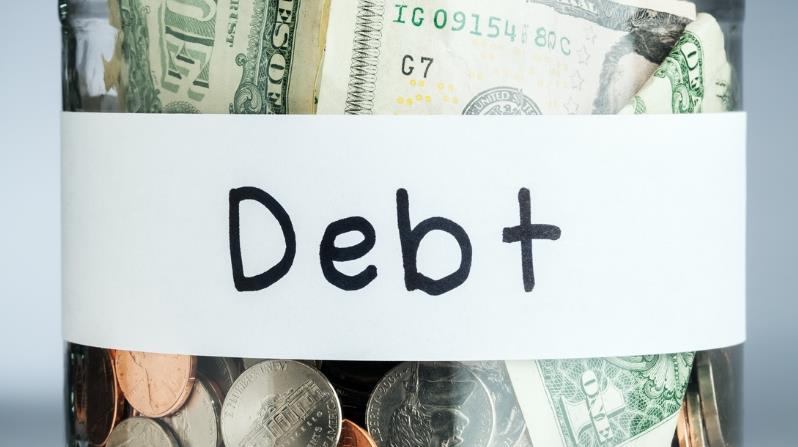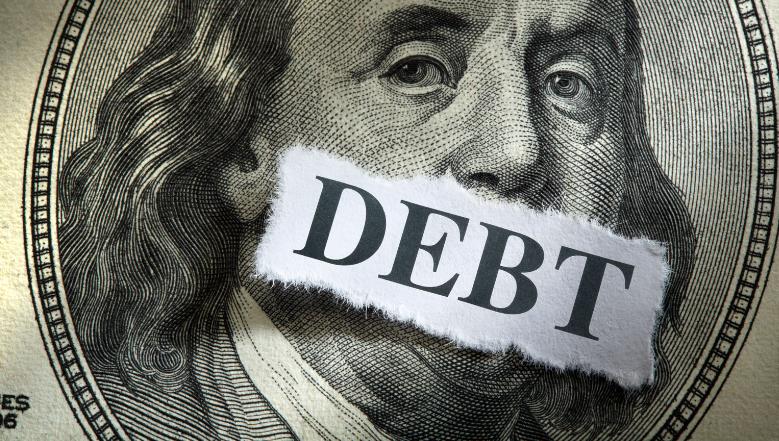
What Debts Can I Check?
Debts that can be checked include:
- Credit card debts
- Personal loans
- Payday loans
- Council tax debts
- Utility bills
If you’re not sure whether or not a debt can be checked, it’s always best to contact the company or lender in question to find out.
Everything You Need To Know About Checking Your Debts
How to Find Out What Debts You Have?

If you’re not sure what debts you have in the UK, there are a few ways to find out. The first step is to check your credit report. This will show any debts that are currently registered against your name. You can get a free copy of your credit report from one of the main credit reference agencies: Equifax, Experian or Callcredit. Another way to find out what debts you have is to contact your lenders directly. If you’re not sure who to contact, you can look up your lender’s details on the Financial Conduct Authority’s website. Once you’ve got a list of your debts, it’s important to stay on top of them and make sure you’re making all your repayments on time. If you’re struggling to keep up with your payments, there are some things you can do to get help. You can speak to your lender about getting a repayment plan in place, or you could look into debt consolidation or debt management plans.
Understanding Your Debt Report
Your debt report is a document that shows all the money you owe to creditors. It includes information about your credit history, current debts, and any late payments you may have made. Checking your debt report regularly is an important part of managing your finances. It can help you keep track of your progress in paying off debts, and identify any potential problems early on. If you’re not sure how to interpret your debt report, don’t worry – we’ve got you covered. Read on for a complete guide to understanding your debt report.
Tips for Managing Your Debts
If you’re in debt, you’re not alone. In fact, according to a recent report by the Money Charity, the average UK adult owes over £30,000. But don’t despair – there are plenty of things you can do to get your debts under control.
Here are some tips:
- Make a list of all your debts The first step is to sit down and make a list of all of your outstanding debts. This includes everything from credit cards and loans to overdrafts and store cards. Once you know exactly what you’re dealing with, it will be easier to come up with a plan to tackle your debts.
- Work out how much you can afford to pay each month Once you’ve got a list of your debts, take a look at your current income and expenditure to see how much spare cash you have each month that you could put towards paying off your debts. Remember to factor in essential costs such as rent/mortgage payments, utility bills and food shopping.
- Contact your creditors If you’re struggling to make the minimum payments on your debts each month, it’s worth contacting your creditors to explain the situation and see if they can offer any help or support. This could include freezing interest and charges or agreeing on more affordable repayment terms.
- Draw up a budget A budget is a useful tool for getting your finances in order and making sure you’re not over spending. Look at your income and expenditure, see where you can make cuts or save money, and then use the extra cash to pay off your debts.
- Consider a debt management plan If you’re struggling to keep up with your repayments, you may want to consider a debt management plan (DMP). A DMP is an informal arrangement between you and your creditors that will allow you to make more affordable repayments over an agreed period of time.
- Speak to a debt advisor If your debts are becoming unmanageable and you’re not sure how to cope, it’s worth talking to a debt advice charity such as StepChange or Citizens Advice. They will be able to provide free, impartial advice on the best course of action for dealing with your debts.
Alternatives to Paying off Your Debts
There are several alternatives to paying off your debts. You can try to negotiate with your creditors, consolidate your debts, or declare bankruptcy. If you’re struggling to make ends meet, it’s important to understand all of your options. Otherwise, you may end up making a decision that’s not in your best interest.
Negotiating with Creditors
If you’re behind on your payments, you may be able to negotiate with your creditors. This could involve getting a lower interest rate, extending the terms of your loan, or even reducing the amount you owe. It’s important to remember that creditors are not required to agree to any negotiation. But it’s worth a try if you’re struggling to make payments.
Consolidating Your Debts
Another option is consolidating your debts. This means taking out a new loan to pay off multiple smaller loans. The benefit of this is that you’ll have just one monthly payment instead of multiple payments. It can also help you get a lower interest rate. However, consolidation is not right for everyone. If you’re already struggling with debt, it may be difficult to qualify for a consolidation loan. And if you do qualify, it’s important to make sure that the terms of the loan are better than the terms of your existing loans. Otherwise, you could end up in an even worse situation financially.
Declaring Bankruptcy
Bankruptcy should be considered as a last-ditch effort. It will have a major impact on your credit score and can stay on your record for up to 10 years. Bankruptcy can also be expensive. Depending on the type of bankruptcy you file, you may need to pay attorney fees, court costs, and other expenses. It’s important to understand all of the consequences that come with declaring bankruptcy before making any decisions. Talking to an experienced attorney is a good way to explore this option further.
You may pay off your debt by getting the money from the person who owes you even if you need to shame them.
Conclusion
Checking your debts in the UK is a crucial step to take if you want to ensure that your finances are as healthy as possible. By understanding how much you owe and who you owe it to, you can make sure that all of your payments are up-to-date and work towards reducing or eliminating any debt that may have accumulated over time. Furthermore, by taking advantage of online tools such as CreditExpert or Experian, you can easily monitor and track any changes in your credit score so that any potential problems are addressed quickly. With this knowledge at hand, anyone living in the UK should feel confident when dealing with their financial situation.

